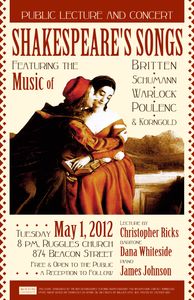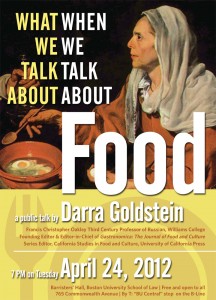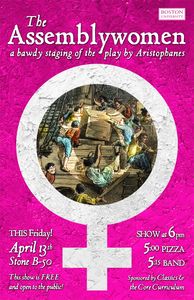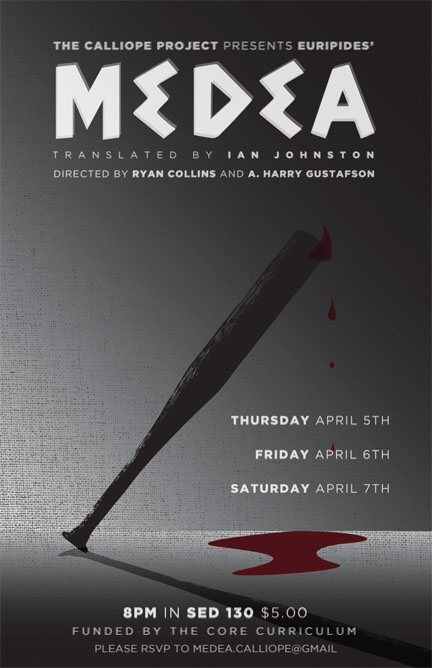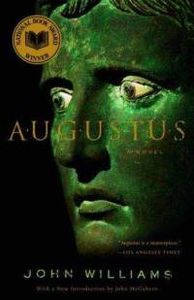 The EnCore Book Club met on June 6th to discuss the last book on its Ancient Greco-Roman cycle, Augustus, by John Williams.
The EnCore Book Club met on June 6th to discuss the last book on its Ancient Greco-Roman cycle, Augustus, by John Williams.
Thoughtfully munching on Chinese food while sipping beer and wine, attendees first pondered about the structure of the book. Augustus is a novel made up of the fictional letters and journal entries of various historical figures close to or enemies of Julius Caesar's deified successor. The novel roughly spans from Caesar's death to that of Augustus'.
The book's genre opened the conversation. Historical fiction is very appealing in it's seasoning of dry historical fact with compelling (albeit perhaps slightly fictionalized) storytelling and drama. One attendee described historical fiction as a work which takes liberties with details at the micro level (certain emotional motivations, the addition of minor characters, etc), while keeping the integrity of accurate historical facts on the macro level.
Augustus' own perspective is not revealed until the last chapter of the book, where we are shown letters written in the last days of his life. Some attendees argued that the opaqueness surrounding Augustus' true intentions corresponded well with the aura of aloofness absolute power brings. Others thought the technique misguided, and that the work could have benefited from more insights into Octavius' perspective.
This argument brought forth a hot point of contention: what was Augustus really like? His friends and supporters spoke of him as if he was the noblest of men; his ruthless policies merely highlighted him as the ultimate victim of the corrupt circumstances of Roman politics and power. Was he really so nice/such a martyr, or, rather, was he the paragon of PR manipulation? Does it matter? Most present agreed he probably wasn't so pure of spirit and intention. At absolute best, he was probably a master of Orwellian doublethink.
The language used by the characters, though high-flown and often quite florid and distancing, was surprisingly readable, for being the supposed speech of ancient Romans. One attendee wisely pointed out that these men were rigorously educated in rhetoric from a young age, and thus their speech was actually quite realistic.
Other topics included: the difficulty in keeping up with the constant date shuffling (this book is misery to read on a Kindle), "Rome as the World" (what are we to make of this early vision of Euro-centrism?), and the appeal of the presence of famed Roman poets, such as Horace, Virgil, and Ovid (a cliched maneuver, or an appropriate reference?).
The conversation flowed as smoothly as the wine, and a good time was had by all. We look forward to next month’s discussion of The Demon-Haunted World: Science as a Candle in the Dark, by Carl Sagan, on July 11th (we meet this time on the second Wednesday of July, due to the holiday the week prior). Regardless of how much of/if you read the work, we hope that you will attend!
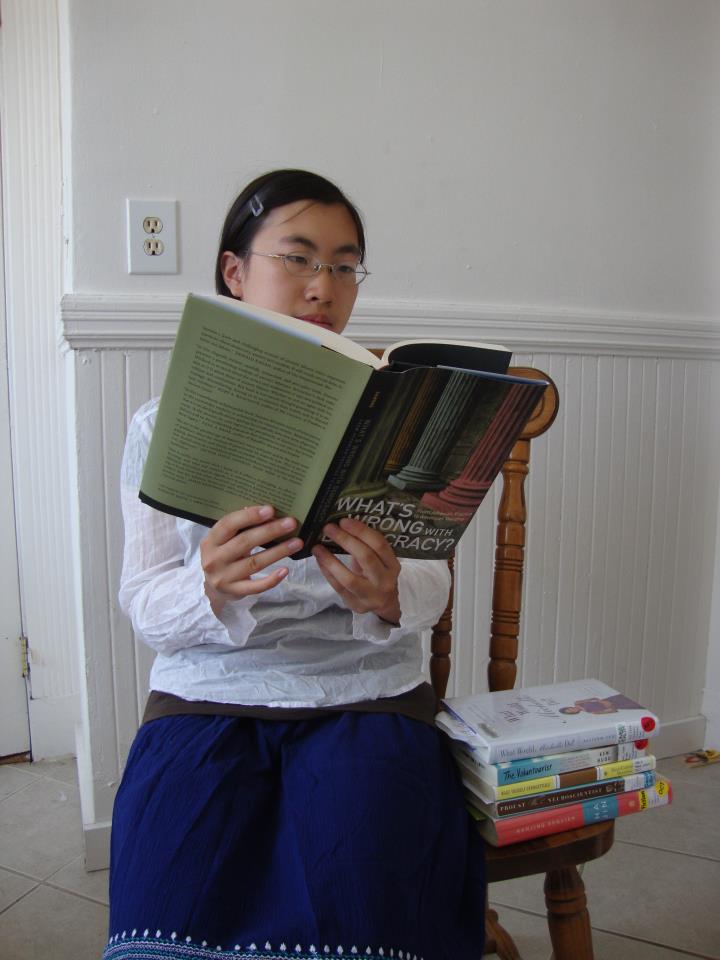 Alumnus Michelle Kwock occupies a summer afternoon reading What’s Wrong With Democracy by Core Humanities lecturer, and chair of the Classics department, Prof. Jay Samons.
Alumnus Michelle Kwock occupies a summer afternoon reading What’s Wrong With Democracy by Core Humanities lecturer, and chair of the Classics department, Prof. Jay Samons.

